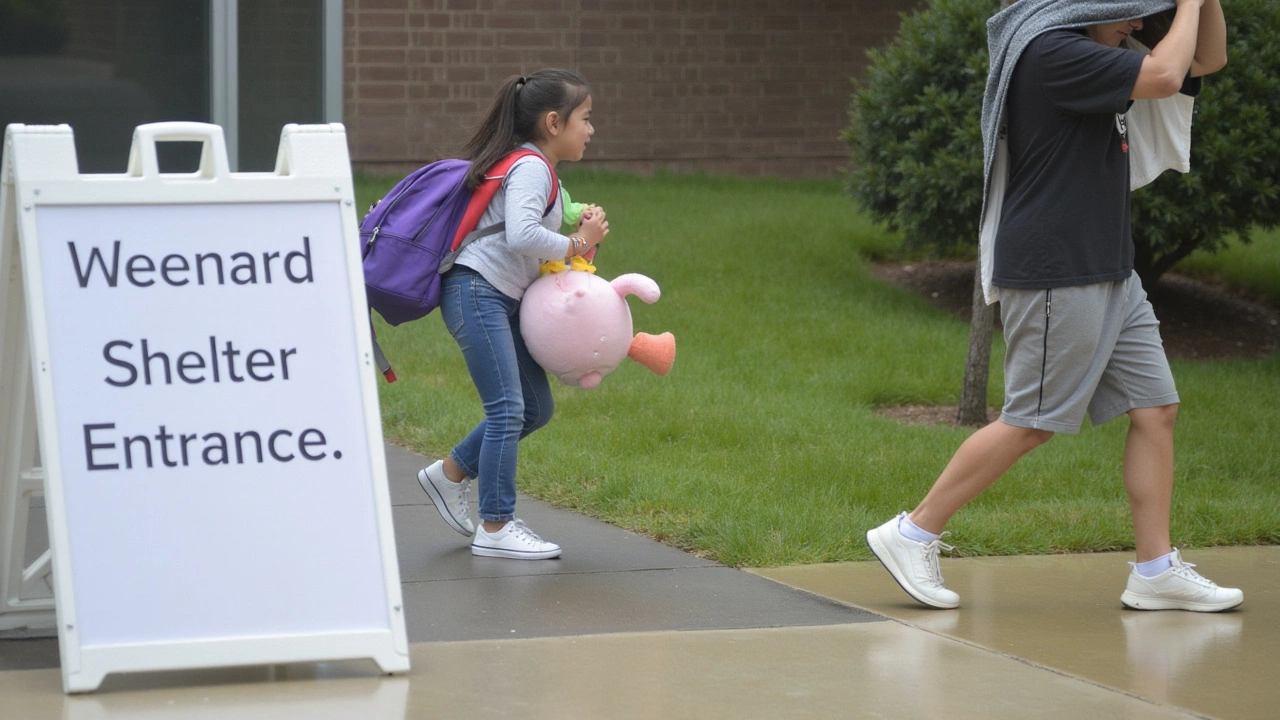Evacuation Warnings: Stay Prepared and Stay Safe
Evacuation warnings can pop up unexpectedly, and knowing what to do when you receive one is key to keeping yourself and your loved ones safe. These warnings are issued when there’s a threat to your safety—like severe weather, fires, or chemical spills—and they tell you it might be time to get ready to leave your home.
Here’s the thing: an evacuation warning doesn’t always mean you have to leave right away. It’s essentially a red flag, signaling that conditions could get worse, and you should be prepared to move if the situation escalates to a mandatory evacuation. Think of it as your heads-up to start packing essentials, checking your emergency kit, and making sure everyone in your household knows the plan.
How to Respond When You Get an Evacuation Warning
First, stay calm. Panicking won’t help, and taking a few minutes to gather important items can make a huge difference. Grab your ID, medications, any necessary documents, and a basic emergency kit with water, snacks, and clothes. If you have pets, make sure their supplies are ready, too.
Next, monitor the situation through trusted sources. Local news, emergency services, and official social media channels from your area will provide the most accurate updates. Avoid rumors and double-check any information before acting.
If the warning turns into an evacuation order, don’t wait until the last minute. Leaving early gives you room to avoid traffic and emergencies that might suddenly worsen. Plan your route ahead of time—have alternatives ready in case your usual roads are closed. If you don’t have a personal vehicle, check if community transport or shelters are available.
Why Paying Attention to Evacuation Warnings Matters
Ignoring these warnings can put you at serious risk. Even if you don’t end up evacuating, being prepared means you’re ready for unexpected changes. Weather and natural disasters can escalate fast—for example, fires can spread within minutes, making late evacuations dangerous or impossible.
Remember, evacuation warnings are about keeping you safe, not about causing panic. They give you a chance to make smart choices and protect your family with time on your side. So when you hear or see those alerts, treat them seriously, stay informed, and be ready to act.
Have an emergency plan in place now, so when that warning comes, you’re not scrambling. Knowing what to expect and how to respond makes a real difference when every minute counts.
Hurricane Milton Threatens Florida: President Biden Calls for Immediate Action
Hurricane Milton, a Category 5 storm, is barreling towards Florida's west coast with expected landfall by Wednesday. With wind speeds of 160 mph and storm surges up to 15 feet, Governor DeSantis has declared emergencies in 51 counties. President Biden urges residents to seek shelter, underscoring the storm's potential for unprecedented destruction in the region.
Julian Parsons | Oct, 10 2024 Read More
